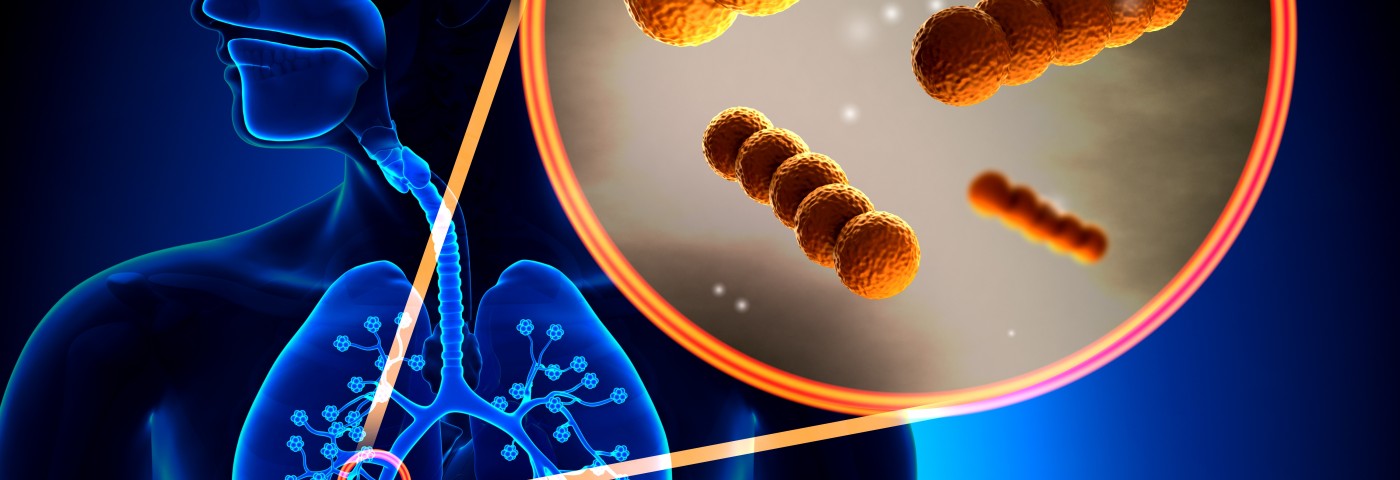TGV-Inhalonix, Inc., recently announced that its drug candidate, the antimicrobial agent Mul-1867, has been granted Orphan Drug Designation by the U.S. Food and Drug Administration (FDA) for the treatment of antibiotic-resistant bacterial lung infections resistant in people with cystic fibrosis (CF).
“Previous studies have shown that Mul-1867 holds promise as a treatment for life-threatening pulmonary infections from Pseudomonas aeruginosa, Burkholderia cepacia, and other bacteria,” Dr. George Tetz, TGV-Inhalonix’s drug development advisor, said in a press release. “Our research revealed that Mul-1867 is more effective against antibiotic-resistant pathogens as compared with other drugs commonly used for the treatment of infections in cystic fibrosis patients.”
The FDA granted the designation after reviewing various experimental research findings by the company, published in scientific journals and presented at notable microbiology and infectious disease conferences, such as ASM 2015 and ICAAC 2015.
“This is a breakthrough for our novel drug candidate, which has shown good results in early studies,” added Victor Tetz, chief scientific advisor for TGV-Inhalonix.
The company believes Mul-1867 has a potential to treat several bacterial and fungal infections, including respiratory tract infections in patients with chronic obstructive pulmonary disease (COPD), fungal pneumonia, and ventilator-associated pneumonia (VAP).
“Taken together, our data suggest that Mul-1867 is a promising novel antimicrobial agent that has potent broad-spectrum antibacterial activity against clinically important microorganisms,” said Dr. Sushant Kumar, a member of TGV’s Advisory Board. “TGV-Inhalonix has completed comprehensive preclinical and pilot clinical studies of Mul-1867 in Europe, showing good efficacy and safety profile in cystic fibrosis patients. Regarding development in the US, the company plans to conduct Investigational New Drug studies (IND) studies with an IND filing expected in 2018.”
Investigational medicines receiving Orphan Drug Designation are intended to treat rare diseases, and the designation provides incentives to companies developing them. The FDA defines rare diseases as those affecting fewer than 200,000 people in the U.S.
According to the Cystic Fibrosis Foundation, the median survival age of CF patients in the U.S. is 39.3 years, due to the progressive damage to lung function caused by pulmonary infections that eventually lead to respiratory failure.

